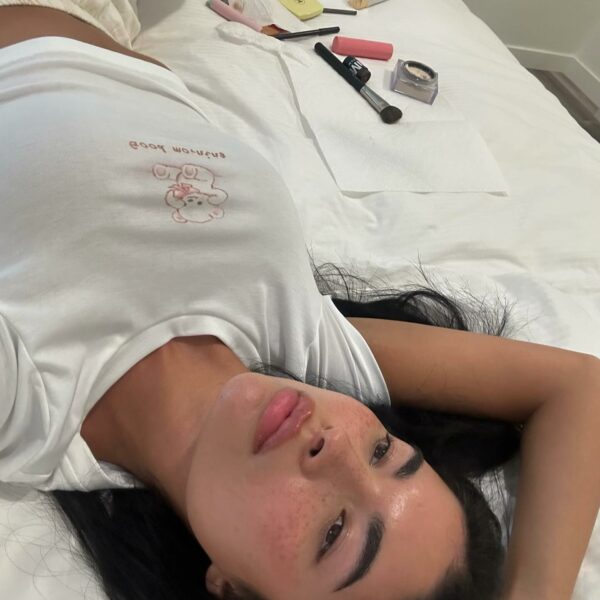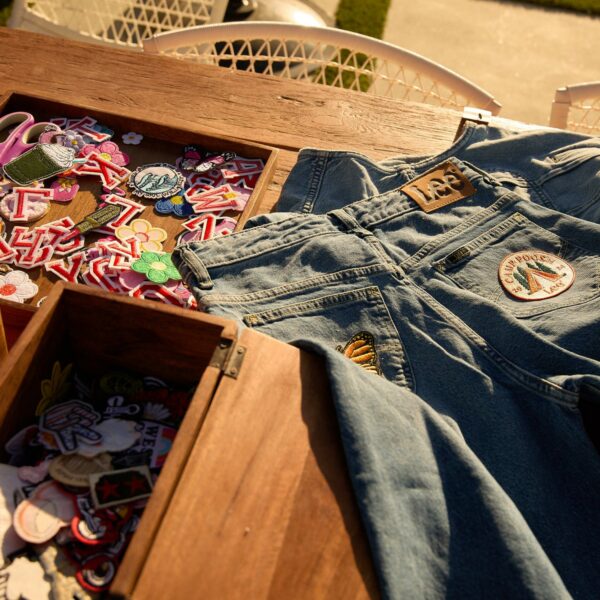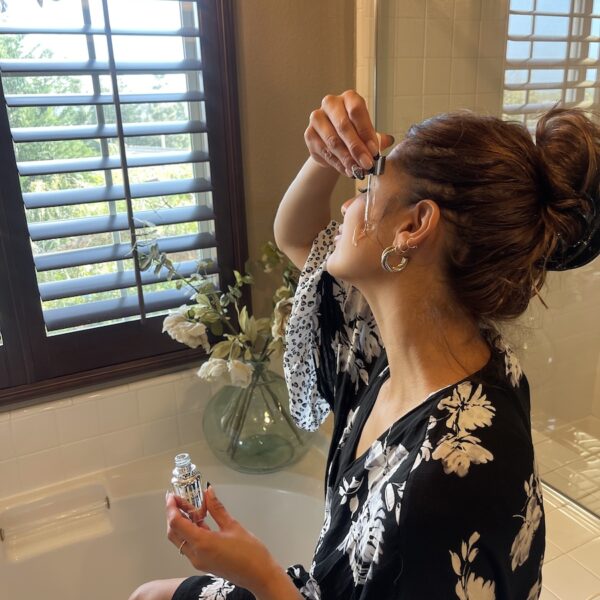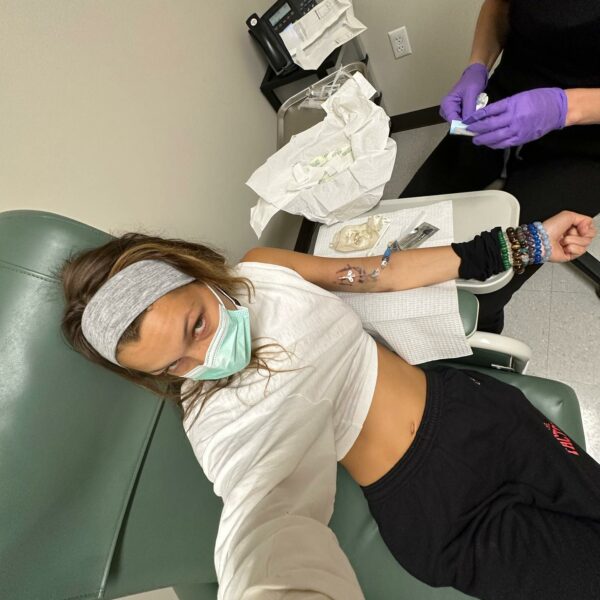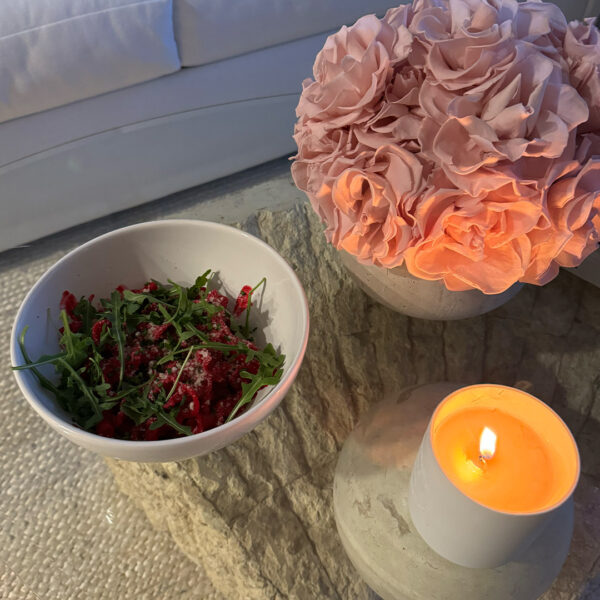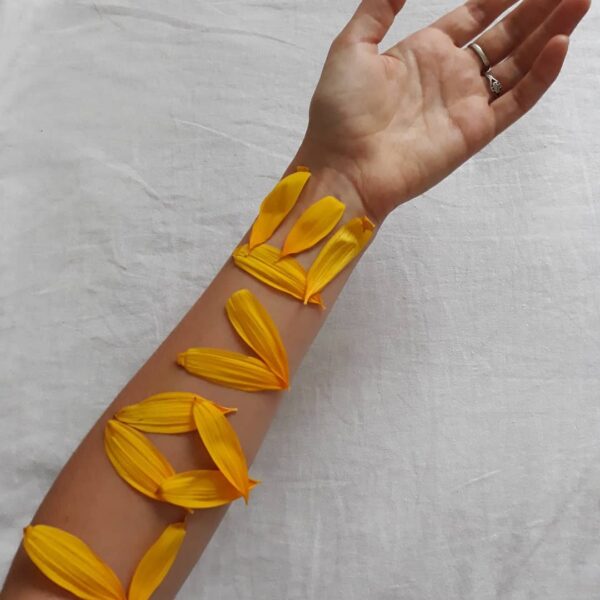It’s never too late to come out—or brush up on sex ed.
It’s probably safe to assume the class you took in a high school gym didn’t get into too much (or any) detail around queer sex. If you’ve come out later in life, you may have some questions about it. Before you go on a Reddit deep dive (we understand the urge), try taking some cues from an actual queer sexpert.
Below, Casey Tanner, certified sex therapist and author of Feel It All: A Therapist’s Guide to Reimagining Your Relationship with Sex (out May 17), answers the questions you’ve been wanting to ask.
Yes, you should still use protection.
“As you explore your new sexual identity, be sure to continue to practice safe sex precautions such as testing for STIs regularly, checking in with partners about their latest test results, not sharing toys without cleaning them, and incorporating barrier methods like dental dams and/or condoms for additional protection.
“Each person and relationship has the right to determine their own risk tolerance, so take some time to think about what kinds of protection and precautions feel right to you. Remember, gender doesn’t equal genitals, so you might find yourself in a queer relationship in which conversations about birth control are still necessary.”
“Many people exploring queerness for the first time make the mistake of thinking that there is some magical formula for stimulating a woman’s body. In reality, every woman—like every human—is different. The best way to know where someone’s erogenous zones are is to ask!
“That being said, areas of the body that tend to have higher levels of sensitivity include the nape of the neck, the inner thighs, the hips, and the butt. Remember, the way that a partner feels about their body parts can have just as much to do with the way they experience touch as the sensations themselves.”
You can still keep your favorite positions.
“If you have a sex position you’ve previously enjoyed, odds are that you can recreate this position regardless of the genitals of your partner. For example, missionary can still be accomplished by penetrating a partner with fingers, a toy or a strap-on. While positions like scissoring and 69-ing get a lot of airtime in conversations about queer sex, in practice, queer people are as varied in the positions they enjoy as anyone else.”
Share as much (or as little) as you want.
“You don’t owe new partners your dating history. However, you might find that being honest about where you are in your journey brings connection and relief. Keep in mind, you get to decide if and when you make this disclosure. You might choose to share before the first time you have sex with them, after, or never. Rather than making a decision about disclosure based on what you think you ‘should’ do, ask yourself which approach is likely to make you feel less anxious in the long run.”
“I’m a firm believer that what we resist persists. The more we try to push anxiety and challenging thoughts away, the louder they often become. Instead of trying to spontaneously become a person who isn’t nervous, try channeling those feelings into bringing earnestness and enthusiasm into the interaction. Anxiety and excitement live similarly in the body, and we can practice reminding ourselves that not all nerves are the scary kind. Beginning to explore your identity in a new way is a form of expansion, and sometimes that expansion comes with some growing pains.”
Shop our sex and love collection:
The content provided in this article is provided for information purposes only and is not a substitute for professional advice and consultation, including professional medical advice and consultation; it is provided with the understanding that Poosh, LLC (“Poosh”) is not engaged in the provision or rendering of medical advice or services. The opinions and content included in the article are the views of the author only, and Poosh does not endorse or recommend any such content or information, or any product or service mentioned in the article. You understand and agree that Poosh shall not be liable for any claim, loss, or damage arising out of the use of, or reliance upon any content or information in the article.
You ask, we answer. Send your relationship questions to [email protected], and one of our experts may just answer them in an upcoming column.











